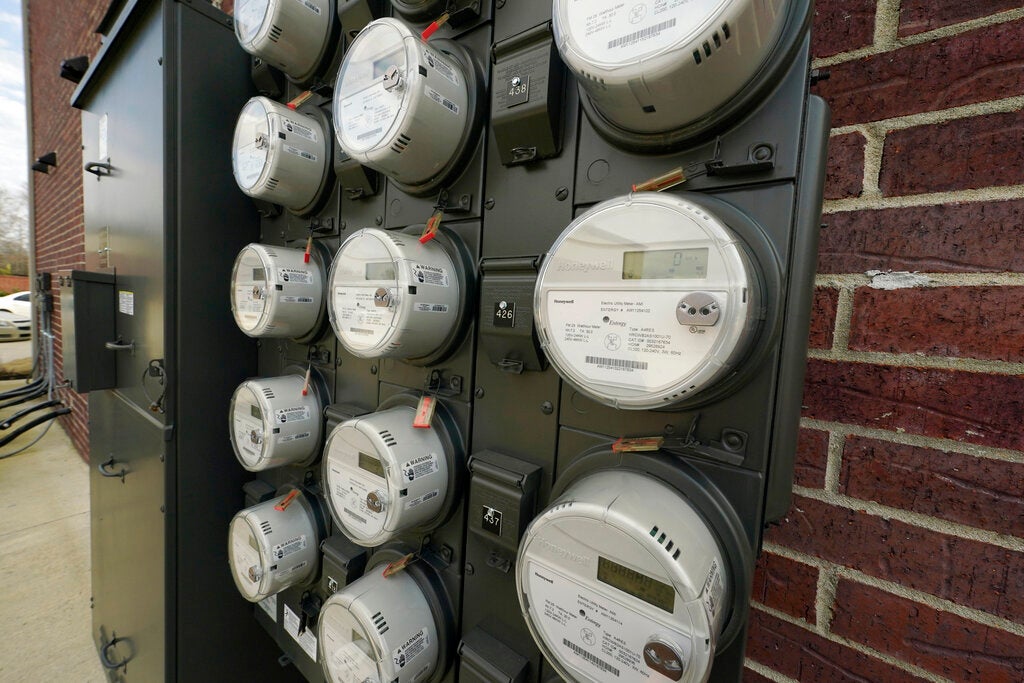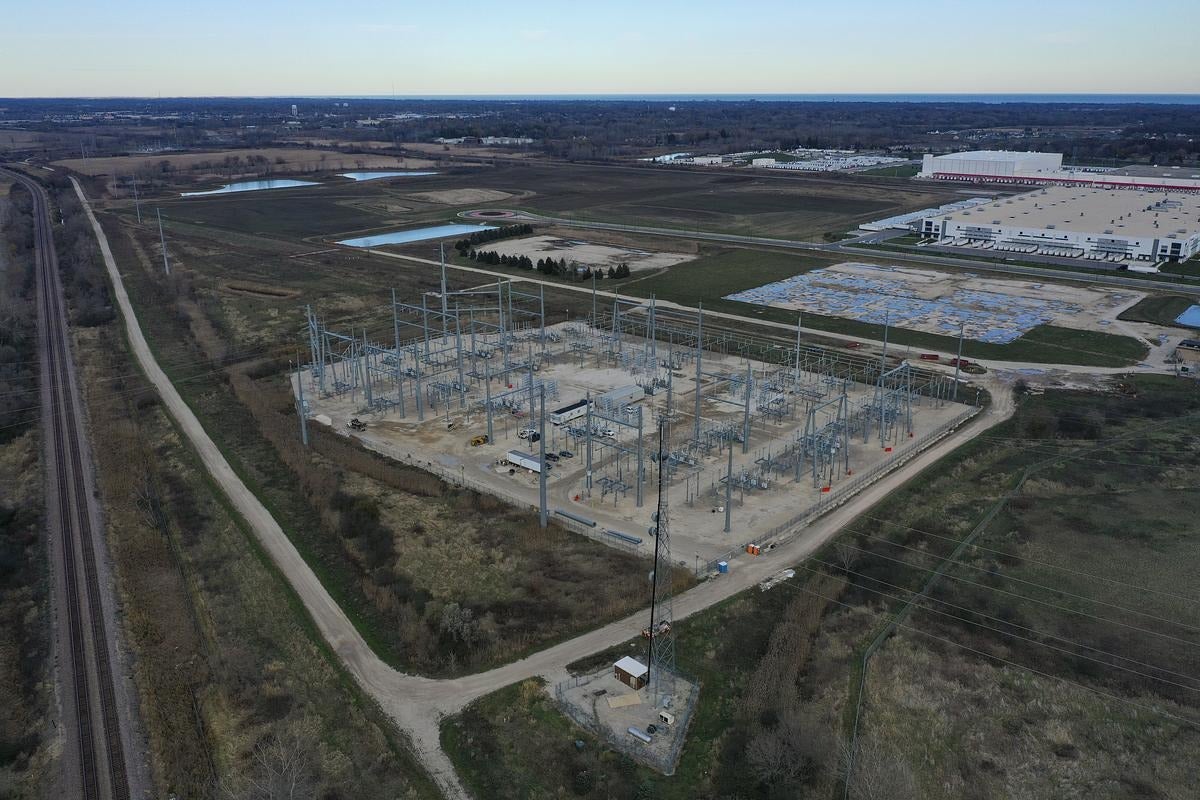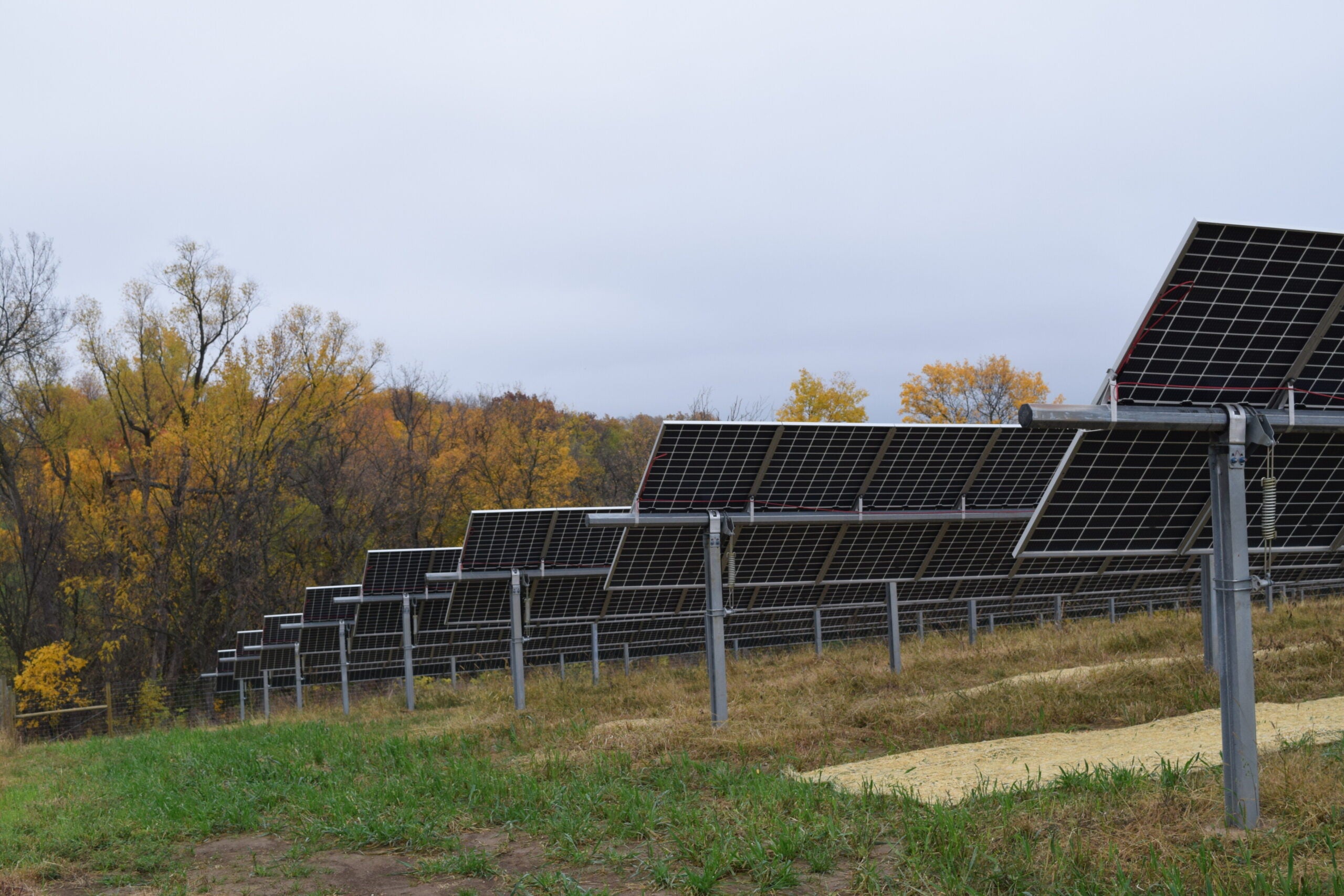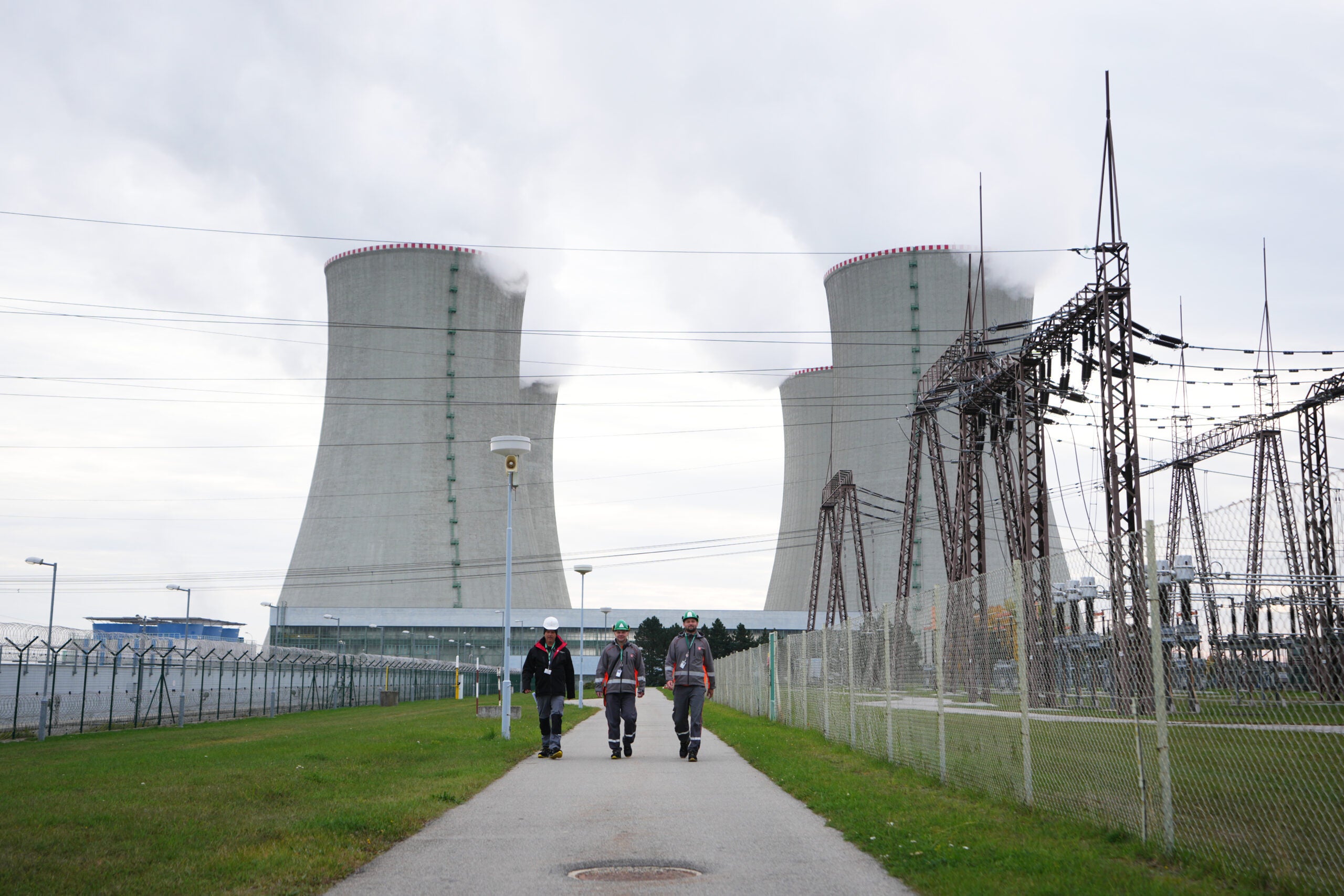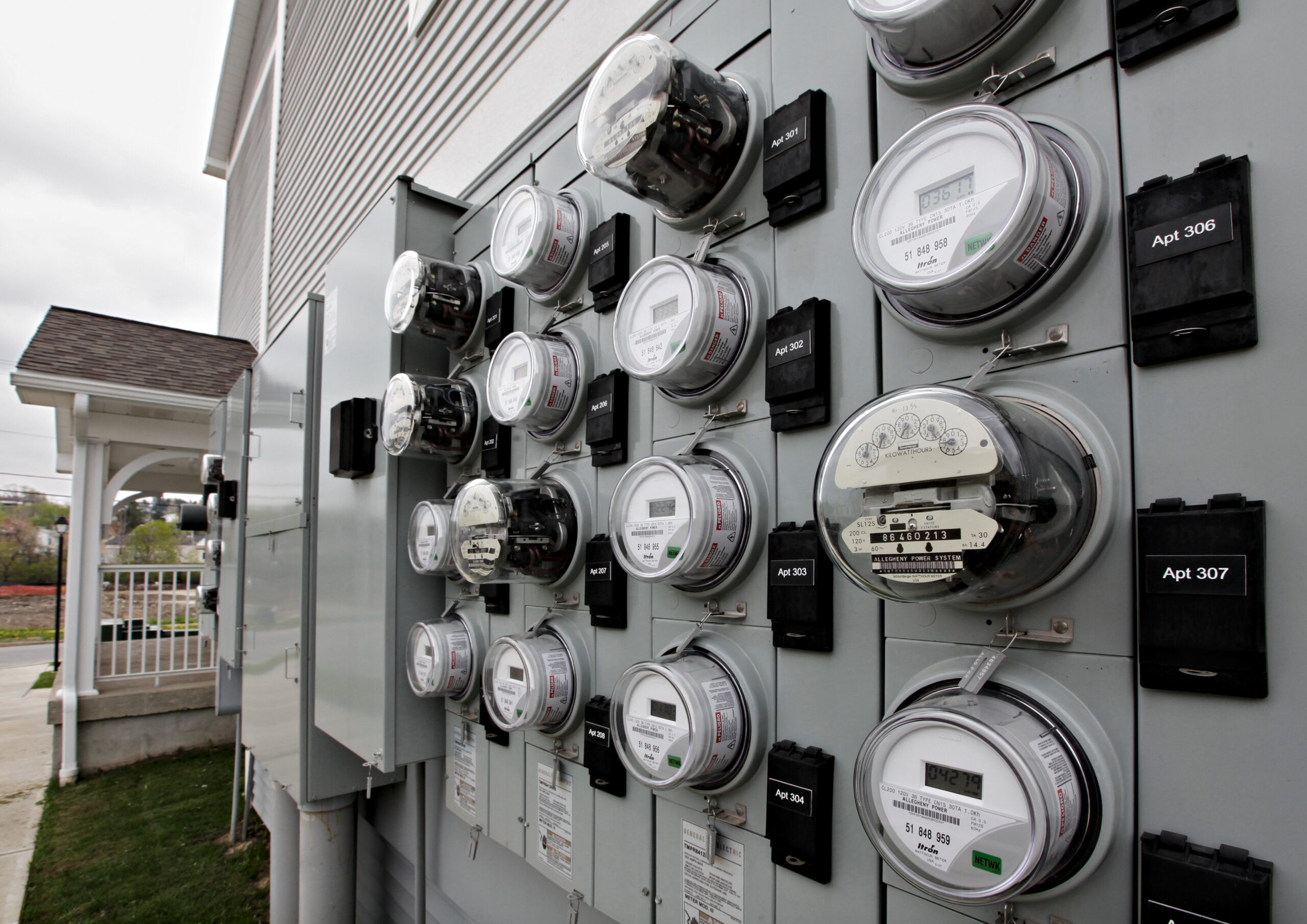A bill introduced in the state Legislature last month would give the Public Service Commission of Wisconsin more power over utility plans for future construction projects.
Under the proposal, electric utilities and cooperatives would have to seek approval from state regulators for two-year construction plans for large-scale electric generating facilities, small generating sites and transmission lines. The Public Service Commission, or PSC, typically approves most utility construction projects individually, rather than looking at integrated resource and reliability plans biennially.
The bill also gives the PSC the authority to require utilities to use a financing mechanism to reduce the impact on consumer electricity rates when coal plants shut down.
News with a little more humanity
WPR’s “Wisconsin Today” newsletter keeps you connected to the state you love without feeling overwhelmed. No paywall. No agenda. No corporate filter.
The commission estimates the bill will require the agency to hire five full-time staff members at an annual cost of around $584,000. Environmental group Clean Wisconsin and libertarian lobbying organization Americans for Prosperity both support the legislation, while the Wisconsin Utilities Association opposes it.
State Sen. Robert Cowles, R-Green Bay, co-sponsored the bill and said it allows the PSC to be involved in utilities’ planning process earlier. He said the goal of the legislation is to limit future rate increases and reduce the burden on customers.
“The commission can drive the policy in a more efficient way,” he said. “You’re dealing with the utilities that are not really interested in costs, and they’ve proven that time and time again.”
But the Wisconsin Utilities Association Executive Director Bill Skewes said he believes there’s no need to change the current regulatory process, saying the state’s current model is fair to all parties.
“It always balances the interests of the customers and the utilities that serve them,” Skewes said. “That model ensures that all the customers get safe, reliable energy at an affordable cost, with the right amount of oversight by the Public Service Commission.”
Integrated Resource Planning could lock in clean energy goals, advocates say
Meanwhile, Ciaran Gallagher, energy and air manager for Clean Wisconsin, said integrated resource planning would allow the PSC and the public to have more knowledge and participation in utilities’ long-term planning.
She said utilities typically come up with their construction plans internally, outside the view of regulators and the public.
“Instead of regulators approving piecemeal decisions via rate cases and project proposals, these integrated resource plans would be able to identify least-cost investments for ratepayers,” Gallagher said. “And that includes both the capital costs, but also fuel costs, environmental and social impacts.”
Right now, she said, utilities can move their clean energy goals back at will. If those goals are included in an integrated resource plan, approved by regulators, it’s harder to move coal plant retirements back without going back to the PSC for approval, she said.
“It locks in those clean energy goals in a way that they’re pretty nebulous right now in Wisconsin,” Gallagher said.
Skewes argued the bill would make the regulatory process too “bureaucratic” and revert to a model used in the 1970s.
“It was so cumbersome and slow that we almost had rolling blackouts at one point in the ’90s, and that’s because it caused delays in building power plants and transmission lines,” he said. “Since then, reliability has been vastly improved.”
Refinancing tool could reduce impact of coal plant retirements on rates, Citizens Utility Board says
The bill would allow the PSC to require utilities to refinance the costs of retiring a coal plant at a lower rate. Currently, a utility can only refinance pollution control costs, and the PSC cannot authorize a utility to refinance unless the utility applied to do so.
Tom Content, executive director of the Citizens Utility Board of Wisconsin, said that gives regulators more tools to help customers save money as coal plants come offline, and prevent utilities from profiting from dead coal plants.
“That’s an issue that came up in two of the rate cases this fall, where the PSC is basically sending a strong signal that they want to see more alternatives explored to save ratepayers money,” Content said.
But Skewes said the bill takes finance planning away from utilities and signals to investors that there’s a higher risk to their investment.
“That makes the cost of capital higher, and that’s passed on to customers,” he said. “That’s not good, and it goes against the original intent of the law, which was meant to give utilities another tool to use, not as another way for regulators to control them.”
While utilities have framed the bill as “punitive,” Content said it’s a sign that there needs to be more consideration for customers.
“Adding more muscle to the regulatory process, oversight of the utilities and more transparency and access for the Wisconsinites to participate — these are all really important steps that could really help create a more balanced system and a better energy future,” he said.
Editor’s note: The Citizens Utility Board of Wisconsin is an underwriter of Wisconsin Public Radio.
Wisconsin Public Radio, © Copyright 2026, Board of Regents of the University of Wisconsin System and Wisconsin Educational Communications Board.

